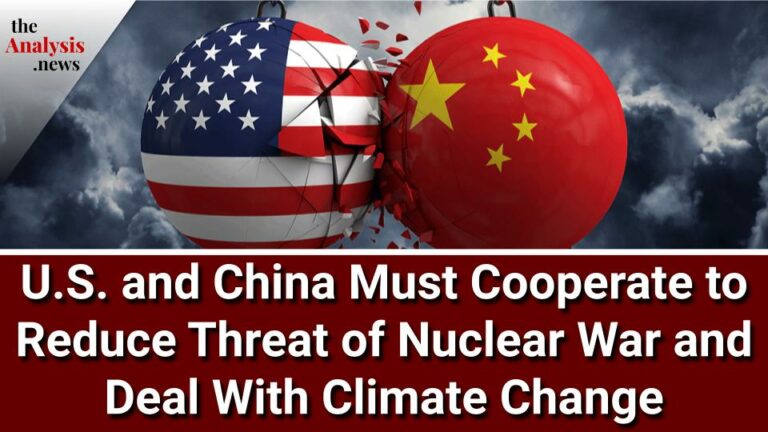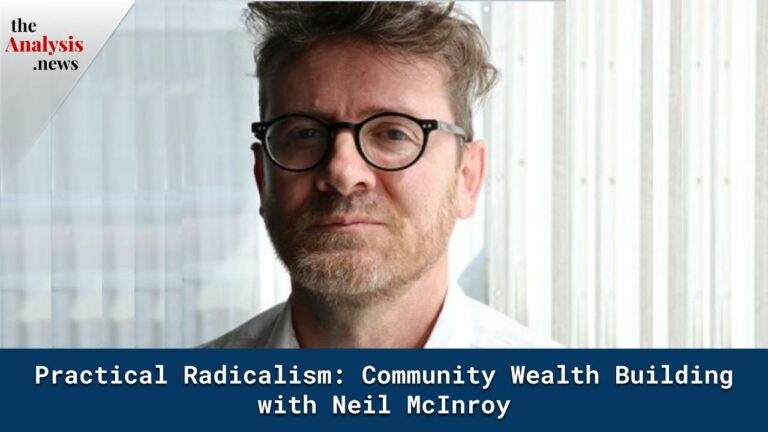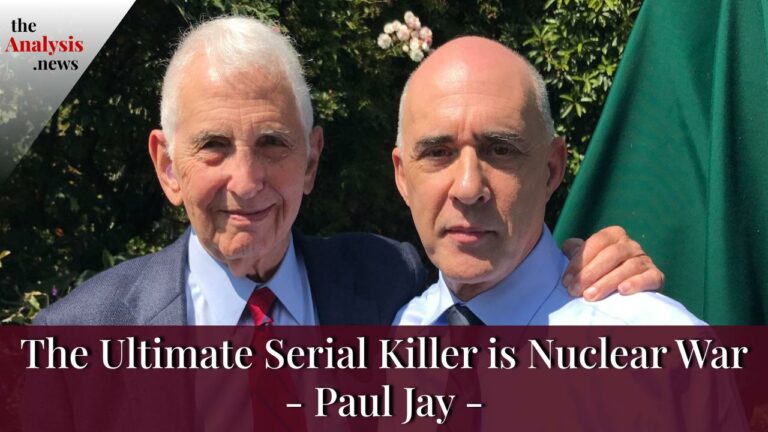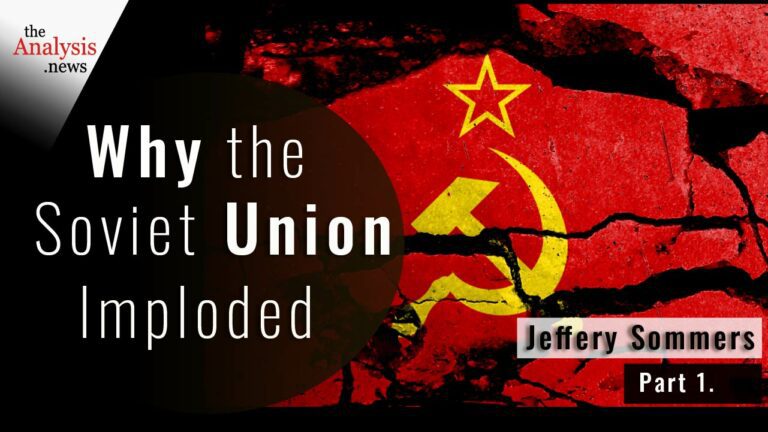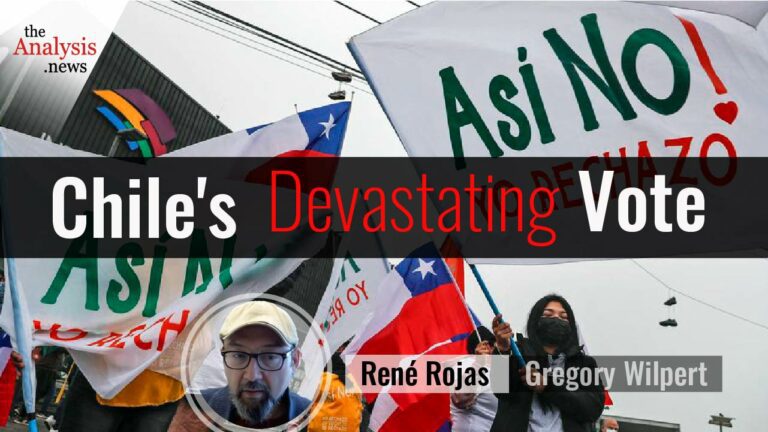Workers’ Movements in Revolutionary Iran and Europe – Saeed Rahnema part 2/2
In part 2, political scientist Dr. Saeed Rahnema discusses his experience in the workers’ council movement leading up to and during the Iranian Revolution of 1979-1980 and addresses the Islamic Republic’s opposition to unions. He also contends that modern-day working classes in the West are ideologically and culturally segmented and that the left has failed to mobilize at numerous historical junctures.



